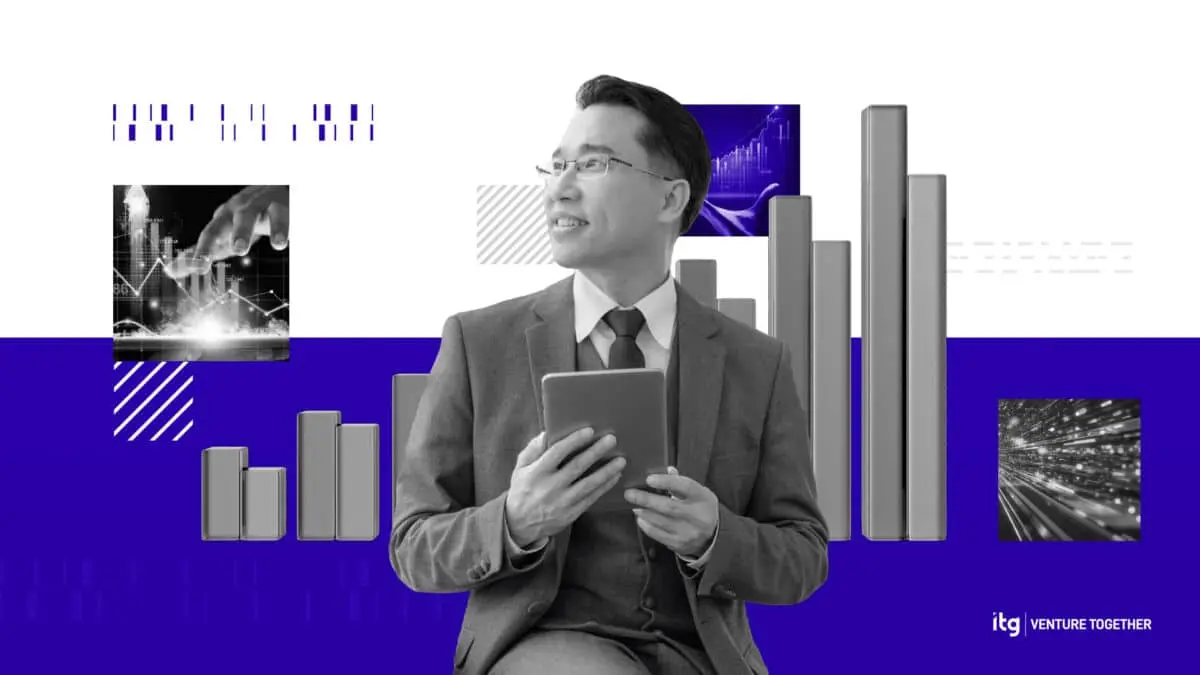
Here’s How Digital Transformation Impacts Us All in 2024
The radical and modern use of technology to improve one’s life or, in this case, business processes, is known as digital transformation. Capgemini, along with the Massachusetts Institute of Technology (MIT), coined the term digital transformation. It was described as “the use of technology to radically improve performance or the reach of businesses.” Today, digital business transformation is redefined and used as part of strategic business planning and a seamless way of transitioning from one new technology to another through technology adoption.
What is Digital Transformation?
To give it more context and visualize digital transformation (commonly referred to as DX or DT) from a different perspective, it is mainly a concept to capitalize on modern technologies such as cloud computing, artificial intelligence (AI), and machine learning (ML). Digital transformation is not a one-size-fits-all solution for every business, nor is it a technology that can solve all areas of business operations. The key to successful DX is that humans are the key holders to harness its power. It’s a holistic approach combining strategic planning with technology solutions targeted to your business’s unique needs.
For example, imagine you’re a laptop manufacturing business owner. Your company has various brand partners in the market and is a top-notch supplier and manufacturer of hardware for laptops and/or computers. As an enterprise company, you aim to provide your clients with what they need, when they need it, and in the right quantity for the agreed period. The bottleneck arises when multiple existing and new clients demand the same requests simultaneously. To ensure accuracy and prevent customer dissatisfaction, visibility of your inventory, resources, and people is essential. This is where digital transformation solutions like the #1 Cloud ERP from Oracle NetSuite come in; they streamline your business operations and processes, giving you a 360-degree view of your workflow. This enables you to make data-driven decisions and strategic, SMART commitments on bulk requests to optimize your supply chain management digitalization.
The Ripple Effect of Digital Transformation on the Global Economy
Understanding how digital transformation works is one thing, but assessing its broader impact on the digital economy, especially after the COVID-19 pandemic, is critical. In 2020, as the global pandemic struck, many business operations were halted or delayed. Some managed to adapt by applying business continuity digitalization plans, while others struggled to survive. Industries like Telco and BPO were among the least affected and even thrived, leveraging increased remote work capabilities. On the other hand, sectors like F&B, Manufacturing, and Travel and Tourism suffered greatly due to their need for physical interactions.
Also read: Industry 4.0: The Future for Manufacturing Companies
This pandemic was a wake-up call that pushed many organizations to become future-proof and tech-savvy. According to a McKinsey & Company survey, the crisis “pushed companies over the technology tipping point,” accelerating investments and adoption of digital technologies. Consumers shifted dramatically toward online channels, and companies responded accordingly, resulting in a rapid advance of digital innovation across sectors.
Digital Transformation in the ASEAN region
ASEAN countries like the Philippines recognize the importance of digital transformation in stimulating economic growth and development. According to the World Bank, the Philippines has strong digital potential but requires improvements in digital policies and law enforcement to fully harness digitalization benefits. Neighboring countries, such as Indonesia, continue to work toward integrating DX into their comprehensive economic plans.
Also read: Debunking Myths and Providing Facts: Why Technology is Important in Your Business
The Asian Development Bank (ADB) stresses that technological transformation in Indonesia must address regions’ diverse needs to prevent widening development disparities. Malaysia, conversely, has made significant strides in DX, embracing everything from robotics, AI, Internet of Things (IoT), cloud technology, blockchain, and cybersecurity. An area where Malaysia excels is in its hyperscale data centers as reported by Thomson Reuters. Meanwhile, Singapore leads as a premier digital innovation hub in Asia, often dubbed as one of Asia’s Tech Hubs.
Let’s Start Your Digital Transformation Journey with IT Group, Inc.
Digital transformation transcends business, impacting society by improving education through digital tools, prioritizing environmental sustainability, shaping new social and governmental policies, closing the digital skills gap, and elevating customer experiences. This new era of technology changes how we do business, interact with our people, and engage with the wider world.
With over 21 years of experience, IT Group, Inc. has helped 200+ clients across the ASEAN region embark on their DX journey, delivering over 250 successful projects. ITG is your leading technology partner offering system-wide innovative solutions—ranging from Business Management Solutions, IT Management, Integration and Automation, Enterprise Data Management to comprehensive IT Infrastructure. ITG is an ISO 9001:2015 Certified company with regional offices in the Philippines, Indonesia, Singapore, and Malaysia.
